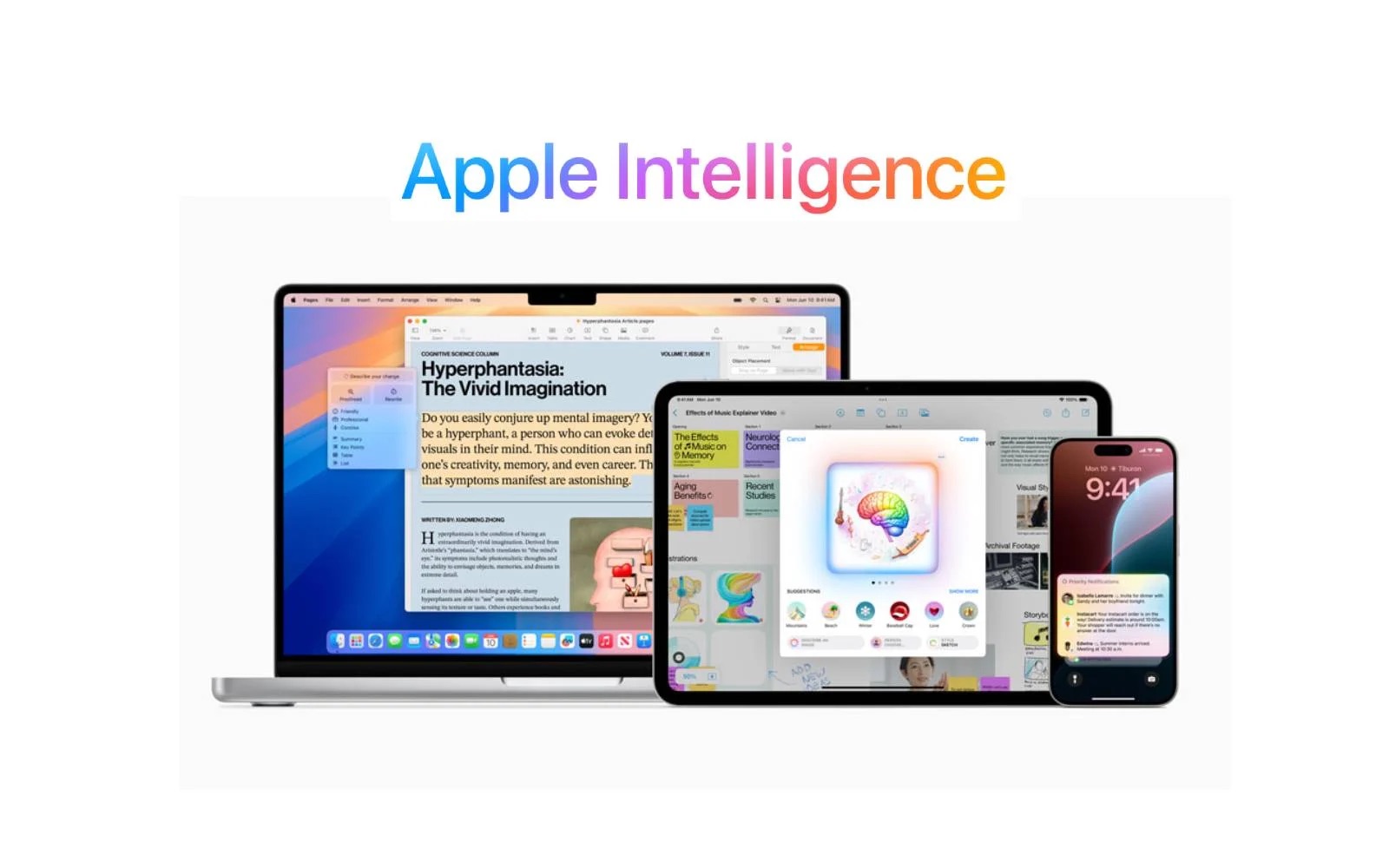
Apple’s artificial intelligence system, known as Apple Intelligence, has come under scrutiny for inaccurately summarizing news notifications, leading to incidents of misinformation. This issue has particularly affected alerts from reputable sources such as the BBC. The tech giant has been working with the BBC to resolve these inaccuracies for nearly a month, as the implications of misleading notifications grow concerning.
The BBC has expressed its dissatisfaction with the inaccuracies prevalent in Apple’s news notifications, particularly a recent incident involving British darts player Luke Littler. A notification wrongly claimed that Littler had won the PDC World Darts Championship semifinal a day before the tournament’s actual final, which he ultimately did win. Such inaccuracies not only mislead users but also undermine the credibility of news reporting.
In another significant error by Apple Intelligence, the AI system inaccurately claimed that tennis legend Rafael Nadal had come out as gay, just hours after the misinformation about Luke Littler. This false notification caused considerable confusion and discussion among fans and the public. The incident further highlights the challenges faced by AI systems in managing sensitive information and underscores the potential for such technology to spread misinformation rapidly.
Apple’s Efforts to Enhance Transparency
In response to the growing concerns, Apple is developing an update designed to clarify when Apple Intelligence generates specific notifications. This update, expected to roll out in the coming weeks, aims to enhance transparency for users by indicating the source of the summary. Apple has acknowledged the problem and is actively encouraging users to report any unexpected or erroneous notification summaries they may encounter.
However, this issue is not isolated to the BBC. Other news organizations have also reported similar problems with Apple’s AI-generated notifications. False alerts have included misleading information regarding significant global events, such as the arrest of Israeli Prime Minister Benjamin Netanyahu. These inaccuracies raise serious questions about the reliability of AI systems in summarizing news content.
Apple Intelligence utilizes artificial intelligence to compile and rewrite previews of notifications from various news apps into concise alerts displayed on users’ lock screens. While this feature is designed to help users manage an overwhelming influx of updates, it has inadvertently contributed to the spread of misinformation.
Ben Wood, chief analyst at CCS Insights, noted the challenges Apple faces in delivering precise content within very brief summaries. He stated, “Apple had the added complexity of trying to compress content into very short summaries, which ended up delivering erroneous messages.” This complexity can lead to what experts refer to as “hallucinations,” where AI confidently presents false information as fact.
“Apple Intelligence features are in beta and we are continuously making improvements with the help of user feedback.”
— Apple
The implications of these inaccuracies extend beyond mere technical glitches; they highlight a broader issue regarding the responsibility of tech companies in managing misinformation. As AI services become increasingly integrated into daily life, their potential to perpetuate untruths raises significant ethical considerations.
Wood emphasized that Apple must act swiftly to address these concerns: “Apple will undoubtedly seek to address this as soon as possible, and I’m sure rivals will be watching closely to see how it responds.” The pressure is on for Apple to not only rectify these issues but also ensure that their AI systems can responsibly handle news summaries in the future.
Author’s Opinion
Apple’s challenges with Apple Intelligence’s news summaries illustrate a critical junction in the intersection of AI technology and media responsibility. While AI offers the convenience of digesting vast amounts of data, its propensity to disseminate incorrect information can have far-reaching consequences. It is imperative for Apple and other tech companies to prioritize the accuracy of such technologies, ensuring that they enhance rather than compromise public knowledge. As AI becomes more embedded in our daily lives, the ethical implications of its applications, especially in the field of news dissemination, must be rigorously managed to maintain trust and reliability in digital communication.
Featured image credit: FMT
Follow us for more breaking news on DMR
